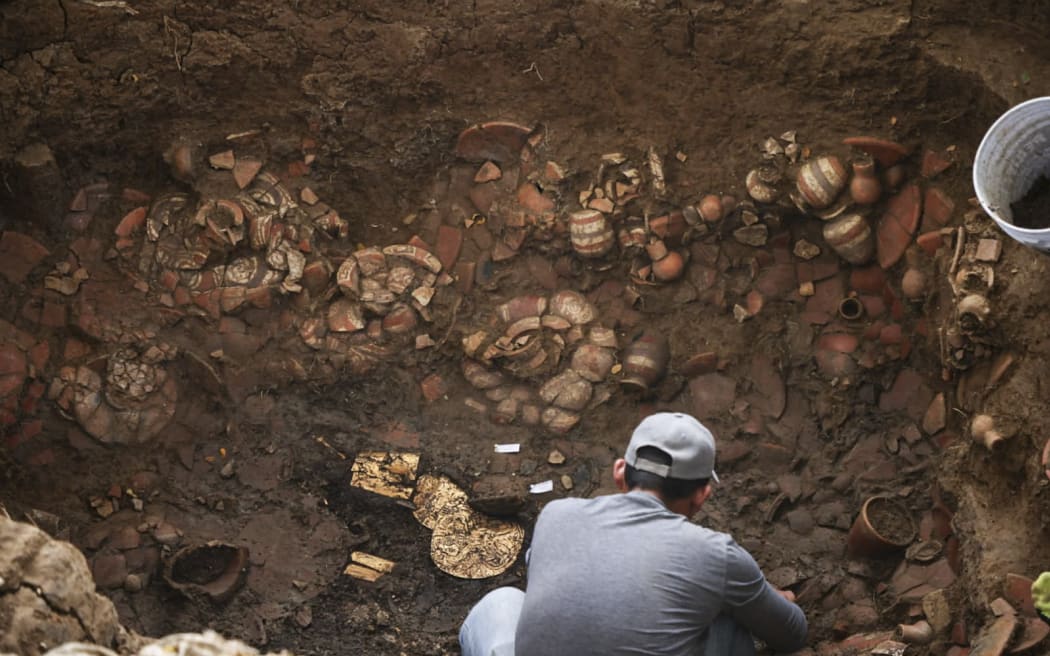WORLD VIEW: Christianity and the EU ideal

By Jonathan Power
THE BRITISH have a problem. A referendum on continuing membership of the European Union scheduled for June may lead to Brexit- Britain heading for the exit. Anybody with any knowledge of Europe’s war-like history knows this would be totally self-defeating.
Writing in 1751 Voltaire described Europe as “a kind of great republic, divided into several states, some monarchical, the others mixed but all corresponding with one another. They all have the same religious foundation, even if divided into several confessions. They all have the same principles of public law and politics unknown in other parts of the world.” But they also had a lot of war.
Fifty years ago in a way that Charlemagne, Voltaire, William Penn and William Gladstone, the early advocates of European unity, could only dream, a united Europe became a reality.
War, time and time again, has interrupted the pursuit of that objective. Continued civil war across the continent, across the centuries, has pitted French against Germans, British against Italians, Czechs against Poles, Serbs against Austrians and Spaniards against Spaniards reaching its dreadful climax in World Wars 1 and 2. As Jan Morris has written in her “Fifty Years of Europe”, “great cities lay in ruin, bridges were broken, roads and railways were in chaos. Conquerors from East and West flew their ensigns above the seats of old authority, and proud populations would do almost anything for a pack of cigarettes or some nylon stockings. Europe was in shock, powerless, discredited and degraded”. Over the ages no other continent has been the scene of so much war.
Many, if not most, of that generation wondered in 1945 if they’d ever see Europe again in any state of grace or glory, much less unified.
The fact that the urge to bury the hatchet and forge common institutions has come so far in such a short time against such a background is arguably for the world as a whole the twentieth century’s greatest political achievement. (Following the Declaration of Independence it took the US nearly 90 years to establish a fully mature common currency; Europe has travelled the same course in 40 years.)
Yet this astonishing and triumphant success begs the question, what is the glue that holds it all together? After all what is Europe? Geographically, it is no more than a peninsula protruding from the landmass of Asia. Culturally, it has always been a potage of languages, peoples and traditions. Politically, it is a moveable feast- of the 35 sovereign states in post Iron Curtain Europe nine have been created or resurrected since World War 2.
Indeed it is religion, not politics nor the single market and monetary union that through the ages has made Europe one, held it together through its vicissitudes and bloody wars (many, tragically, of religious origin) and provided the common basic morality and common identity that made the EU, makes a single currency workable, the Shengen agreement making passport-free travel possible inside most of Europe today and political union a tangible, if still hotly debated, goal tomorrow.
Broadcasting to a defeated Germany in 1945, the poet T.S. Elliot reminded his audience that despite the war and “the closing of Europe’s mental frontiers because of an excess of nationalism it is in Christianity that our arts have developed, it is in Christianity that the laws of Europe – until recently – have been rooted. An individual European may not believe the Christian faith is true; and yet what he says, and makes, and does, will depend on the Christian heritage for its meaning.”
Of course, today one can ask what do the contemporary European cults of finance, sports, TV, pop culture, eroticism and Ryanair flying wherever it wants have to do with a Christian heritage? Nevertheless, the fact is through changing fashions, through wars big and small, the idea of Europe that persists is essentially Christian- unity of principles and peace in relationships. On its own, economic self-interest never would have created the EU and, more recently, monetary union. Economic, legal, social and monetary union have been driven all along by men and women who were essentially idealistic and visionary. From Jean Monnet, the founder of modern Europe, to Helmut Schmidt, Valery Giscard D’Estaing, Francois Mitterand and Helmut Kohl, the founders and creators of the EU and the Euro, the urge to remove the causes of belligerency and to form institutions that would further the development of a common democracy has been a central purpose.
Europe is not first and foremost a political concept or a financial convenience. It is an ideal. Thus it will never be complete. We will work at it all our lives, as will future generations.
For the British to decide not to pull out now can only happen if the university-trained elite together with the leadership of the pro European trade unions (most of them) educate the public on the history and the ideals of Europe.





